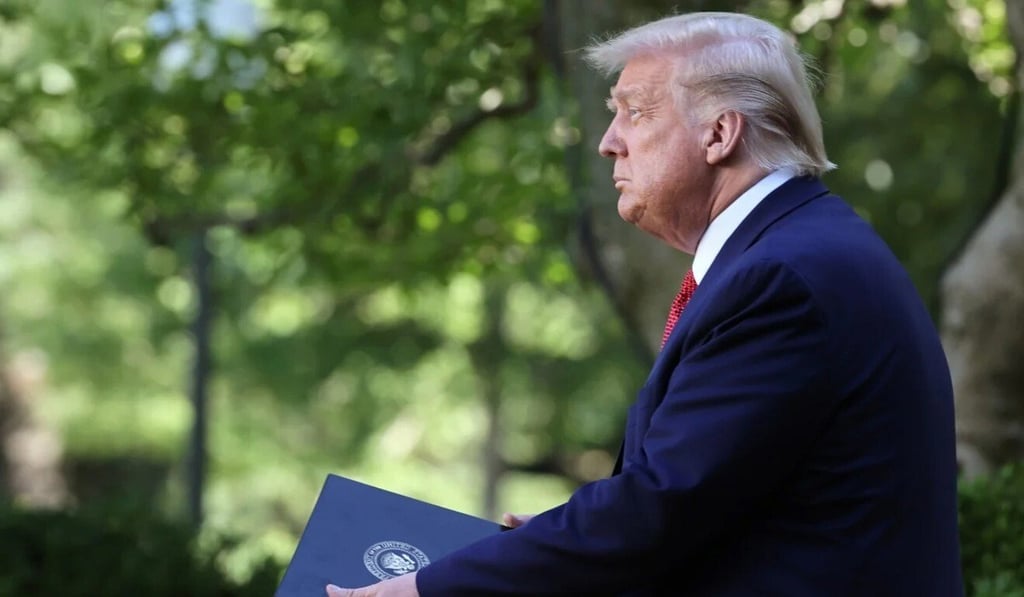Editorial | Both US and China stand to lose if Hong Kong is badly damaged
- Punitive American measures in response to Beijing’s national security law will not spell the end of the city, but both sides have to think carefully before their next move

Retaliation is inevitable where the struggle between China and the United States on a host of issues is concerned. Hong Kong is centre stage in the battle after US President Donald Trump acted against Beijing’s imposition of the national security law on the city by signing an order ending its preferential trade treatment and enacting a bill requiring sanctions against officials, foreign individuals and banks for any perceived erosion of a promised high degree of autonomy.
The foreign ministry has warned of countermeasures, without specifying targets. But Hong Kong is too important for all involved for it to be turned into another front; to insist on such a path will be a losing game for both.
The US measures are sweeping and bound to impact Hong Kong’s international image and the sentiment of foreign firms in the city. They include sanctions against local and mainland officials identified as damaging rights guaranteed by our mini-constitution, the Basic Law, and secondary penalties against individuals and financial institutions who do business with them.
There is a rescinding of the special privileges the US has granted the city in economics, foreign policy and security, leading to limits on the exports of sensitive technology, making it more difficult for Hongkongers to get American visas, ending police training and scrapping an extradition treaty.

Trump claimed his executive order meant the city would now be treated as no different from the mainland.
